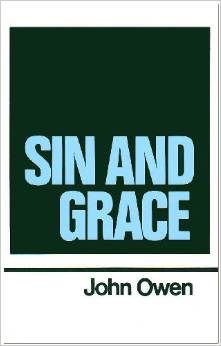 Every believer has his share of trials, sorrows, and burdens. Paul warns that “through many tribulations we must enter the kingdom of God” (Acts 14:22).
Every believer has his share of trials, sorrows, and burdens. Paul warns that “through many tribulations we must enter the kingdom of God” (Acts 14:22).
But if you identified all of your burdens and ranked them, which would be the greatest? John Owen helps us prioritize. He concludes, “I do not understand how a man can be a sincere believer unto whom sin is not the greatest burden and sorrow.” (1)
The gravity of sin is revealed in the costliness of our redemption, a reality that Isaiah unfolds solemnly in his fifty-third chapter. At Golgotha we see our Savior “stricken, smitten by God, and afflicted.” For our salvation “the Lord laid on him the iniquity of us all.”
The poet Thomas Kelly knew that when when the penitent believer looks at the cross through the eyes of faith, he can never again be flippant about his sin:
Ye who think of sin but lightly,
Nor suppose the evil great,
Here may view its nature rightly,
Here its guilt may estimate.
Mark the Sacrifice appointed!
See who bears the awful load!
’Tis the Word, the Lord’s Anointed,
Son of Man, and Son of God. (2)
Is the burden of your sin your greatest grief and sorrow? Then there is comfort for you in Jesus’ gospel. “Surely he has borne our griefs and carried our sorrows.”
___________
(1) John Owen, “The Grace and Duty of Being Spiritually Minded” in The Works of John Owen: Sin and Grace. Vol. 7. Edited by William H. Goold. 1850-1853 (Edinburgh: Banner of Truth, 1994), 333.
(2) Thomas Kelley, “Stricken, Smitten, and Afflicted” in Trinity Hymnal, no. 257.